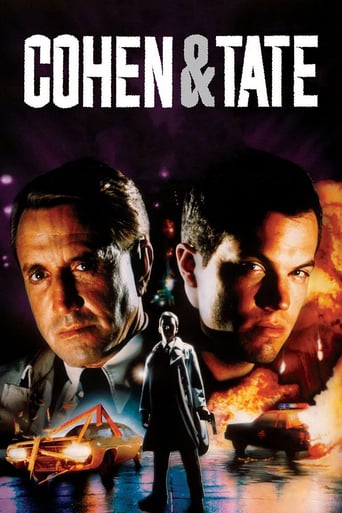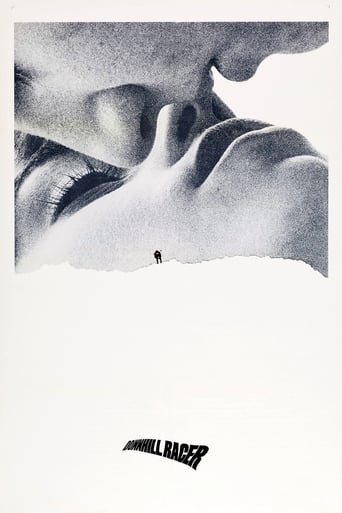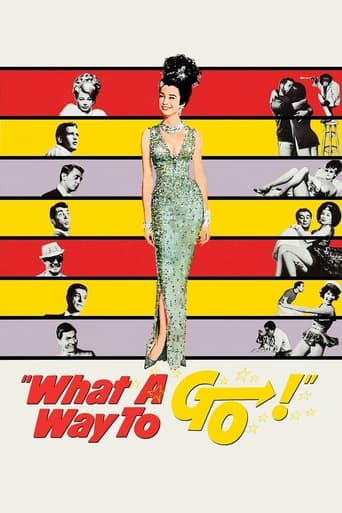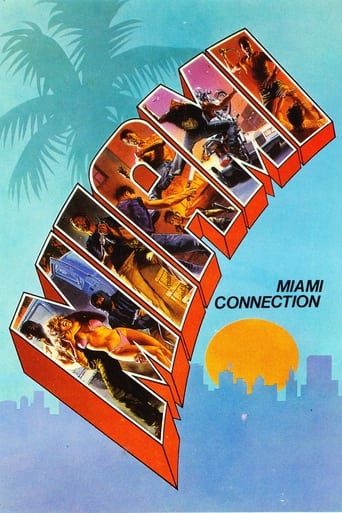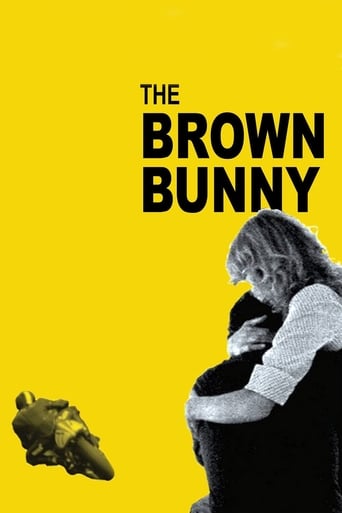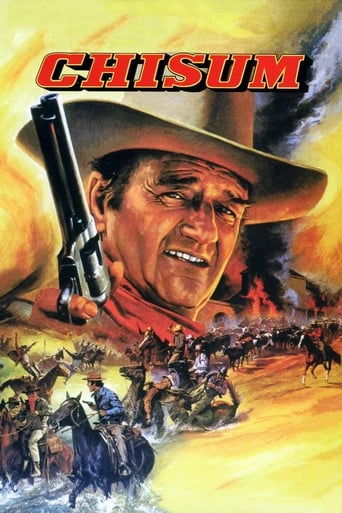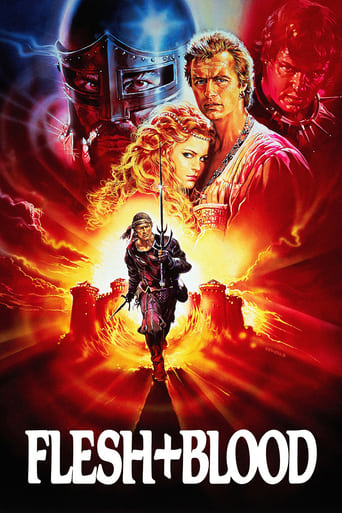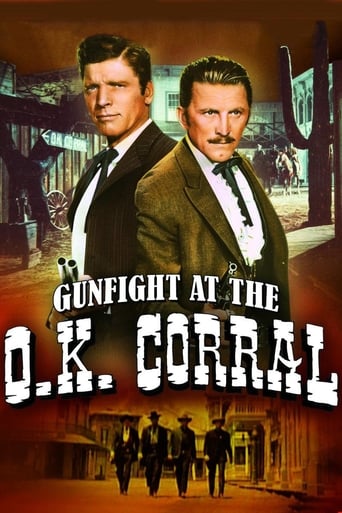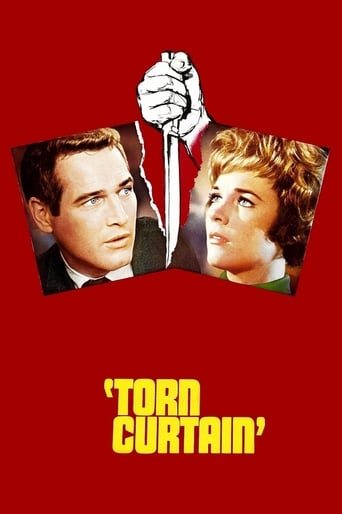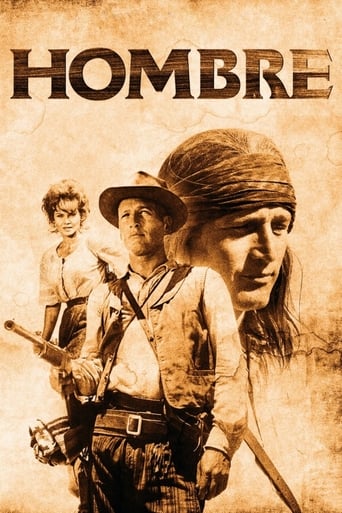


Hombre
John Russell, disdained by his "respectable" fellow stagecoach passengers because he was raised by Indians, becomes their only hope for survival when they are set upon by outlaws.
-
- Cast:
- Paul Newman , Fredric March , Richard Boone , Diane Cilento , Cameron Mitchell , Barbara Rush , Peter Lazer


Similar titles
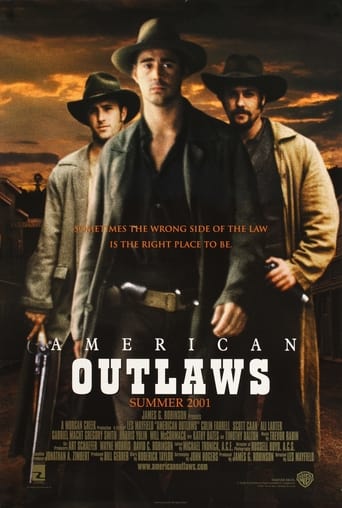
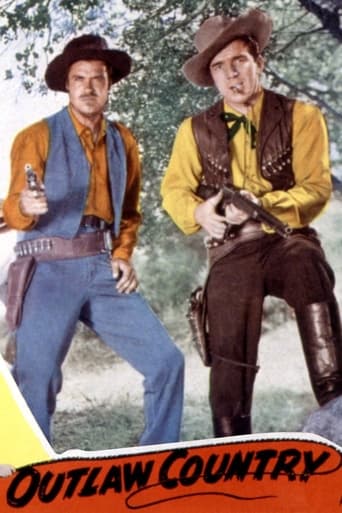
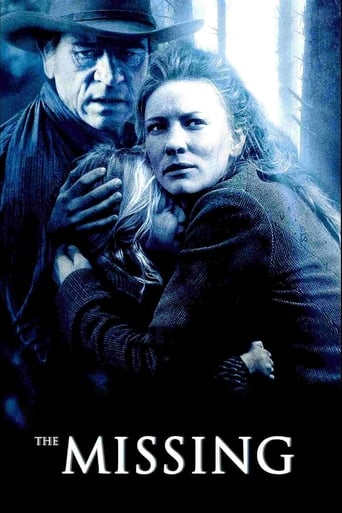
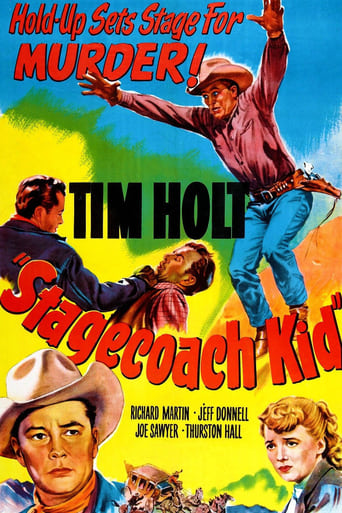
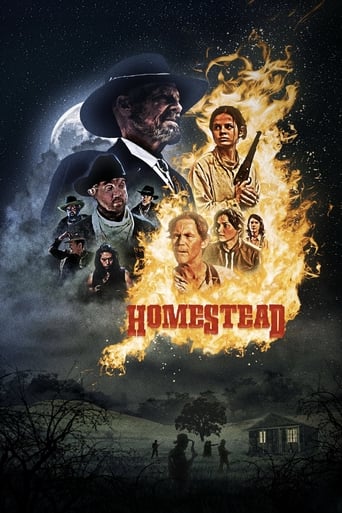
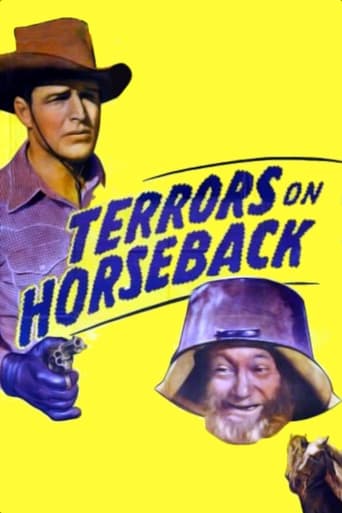
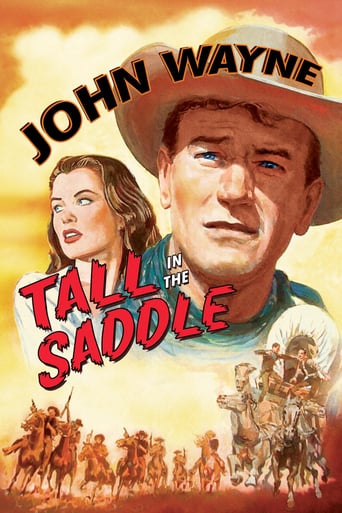
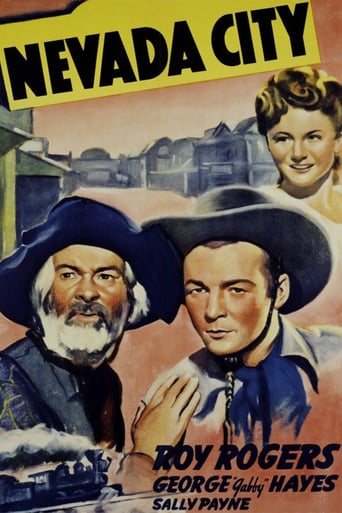
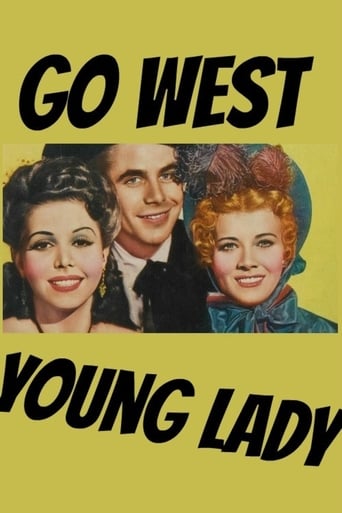
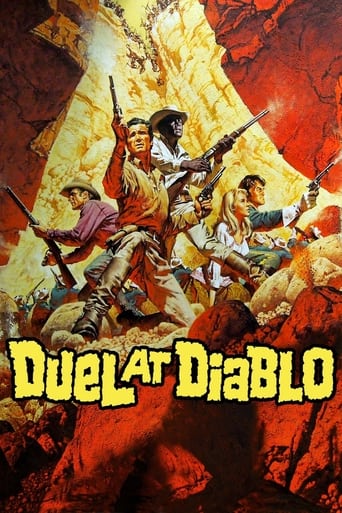
Reviews
Simply A Masterpiece
Don't listen to the negative reviews
best movie i've ever seen.
There's no way I can possibly love it entirely but I just think its ridiculously bad, but enjoyable at the same time.
The subject and the story are commendable. A revisionist Western if there was one. Racism against the native Indians is highlighted. So are the negative traits of the white men who made money out of the subjugation of the the native Indians. Even the attitudes towards Mexicans are well etched.Ultimately, the film is all about values and humanism and less about killing.The opening sequence of the black stallion leading wild horses is amazing.Ritt is a director who was a cut above the rest, especially his films on anti-racism (Edge of the City, The Great White Hope). He chose his subjects well.Commendable performances (Newman, Boone and Balsam) and a good script.
Released in 1967 and directed by Martin Ritt, "Hombre" is a Western starring Paul Newman as John Russell, a white man raised by Apaches on a reservation and thus disdained by the "respectable" stagecoach passengers traveling with him. Perhaps they'll respect him when he becomes their only hope for survival. The driver & passengers are played by Martin Balsam, Diane Cilento, Richard Boone, Fredric March, Barbara Rush, Peter Lazer and Margaret Blye."Hombre" is a gritty realistic mid-60s Western; a character study that stands the test of time. Seeing it today, it's hardly aged. Taken from Elmore Leonard's novel, the script effectively shows the illusion of high and low social standing: The proud are proud until uncontrollable events swiftly bring them to their faces; the decent are only decent until survival or lust can only be attained through indecency. This is a tale of survival and in the heat of life-or-death tribulation what's in one's heart comes to the fore.People complain that the climax leaves a sour taste, but it ends the way it must (see below).ADDITIONAL CAST: Skip Ward, Frank Silvera, David Canary, Val Avery and Larry Ward.The film runs 111 minutes and was shot mostly in Arizona, but also a couple scenes in Jean, Nevada and Bell Ranch, California.GRADE: A FURTHER COMMENTARY ***SPOILER ALERT*** (Don't read until watching the movie) John Russell tells the other passengers that they'll only survive their life or death situation by being very careful and shrewd. Ultimately, he decides to be UNcareful in order to save an unworthy uppity woman in response to Jessie's bold sympathy (at least she practiced what she preached). To survive, he relies on the inexperienced kid to take out the bandit while he shoots the main outlaw. Ironically, the kid's shot is blocked by the very woman Russell is trying to save.When the dust settles, the survivors are all revealed as seriously flawed one way or another, whether venal (Fredric March), arrogant (Barbara Rush) weak (Martin Balsam), green (the kid), morally dubious (Margaret Blye) or liberally naïve (Diane Cilento). The end leaves them speechless as unworthy sinners in the face of unmerited grace through Russell's bold sacrifice. They represent the viewer, you & me: We can take the grace offered us and live a life worthy of it or put it out of mind and continue in our folly. It is every person's plight.
No need to tell that the cast is fantastic and the camera impressive.What impressed me the most were the use of time and the dialogues. The movie is extremely slow but never looses its tension. This is done in a way that seems to be forgotten in cinematography nowadays. Still the whole movie looks astonishingly modern.And the dialogues are just perfect. Deep, multi-layered, minimalistic. Probably the best written western ever - next to Garden of Evil (Frank Fenton) and Terror in a Texas Town (Dalton Trumbo).Same for the story: there is a clear similarity to stagecoach, but this time the evil guys are the white man. The only reasonable human, the white man raised by apaches, representing not a race but just a culture, wastes his life in that awkward moment, when he is dragged into the dubious moral concepts of the white.Wow!
This is an example of what I have come to think of as the "Stagecoach plot", although it was not invented in John Ford's film of that name, nor is it confined to the Western genre. Maupassant's "Boule de Suif" was an early literary example, and other cinematic examples include Hitchcock's "The Lady Vanishes" set in a disguised Nazi Germany, "The Journey", set during the Hungarian Revolution, and "North-West Frontier", set in British India. The basic idea is that a disparate group of people are forced by circumstances to travel together in a single vehicle on a dangerous journey through hostile territory. As one might expect from a Marxist director like Martin Ritt, "Hombre" brings a revisionist slant to this basic plot. It is one of a number of Westerns from the fifties and sixties which sought to call into question the heroic "Myth of the West" and the assumptions (such as "white men good, Indians bad") on which many earlier Westerns had been based. The "hombre" of the title is John Russell, a white man who has been raised amongst the Apache. Upon hearing of his father's death, Russell returns to the white world to collect his inheritance. A sequence of events leads to him travelling in a stagecoach with a mixed group of others. When the truth about Russell, namely that he has been brought up by Indians, becomes known, he faces prejudice from the other passengers, who force him to sit outside with the driver. When the stagecoach is robbed, however, the others are forced to rely upon Russell's tracking skills to lead them to safety.In terms of plot there is nothing particularly ground-breaking about the film; what makes it "revisionist" is its treatment of Native Americans. Among the passengers on the coach are Dr Alexander Favor, an Indian agent, and his wife. The reason why the robbers hold up the coach is that their leader, Cicero Grimes, has discovered that the Favors are carrying a large amount of money. It transpires that Dr. Favor has embezzled this money, which was meant to buy food for an Apache tribe, with the result that the tribe have been hit by famine. Favor is outwardly a civilised, cultured intellectual, but his veneer of respectability only serves to disguise an underlying dishonesty and selfishness. It is ironic that a man like Favor affects to despise Russell as an uncivilised half-savage. This was the sixth and final film which Ritt made with Paul Newman. (I have only seen one of the others, "The Long Hot Summer"). Newman plays the leading role, and yet the amount of dialogue spoken by him is surprisingly small. Russell is a laconic man of action who prefers to speak through deeds and gestures rather than through words, in contrast to the garrulous Favor. Newman gives an excellent performance; although he does not say much, his is a commanding, authoritative presence who holds the audience's attention throughout. He receives good support from some of the other cast members, notably Fredric March as Favor, Richard Boone as the thuggish villain Grimes and Diane Cilento as Jessie, another passenger on the coach. The action takes place in the Arizona deserts, and the pale, bleak, sun- baked look of the film is appropriate to the location. The main colours are greys, dull greens and pale blues and browns. A few ends are left untied, especially the story of the feuding young married couple Billy and Doris. (Billy will play an important role in the denouement, but the story of his marriage to Doris, which seemed to play a major part in the early scenes, is neglected). Overall, however, this is a taut, well-made Western in which the differences between the good guys and the bad guys is rather more blurred than had often been the case in the genre. 8/10

